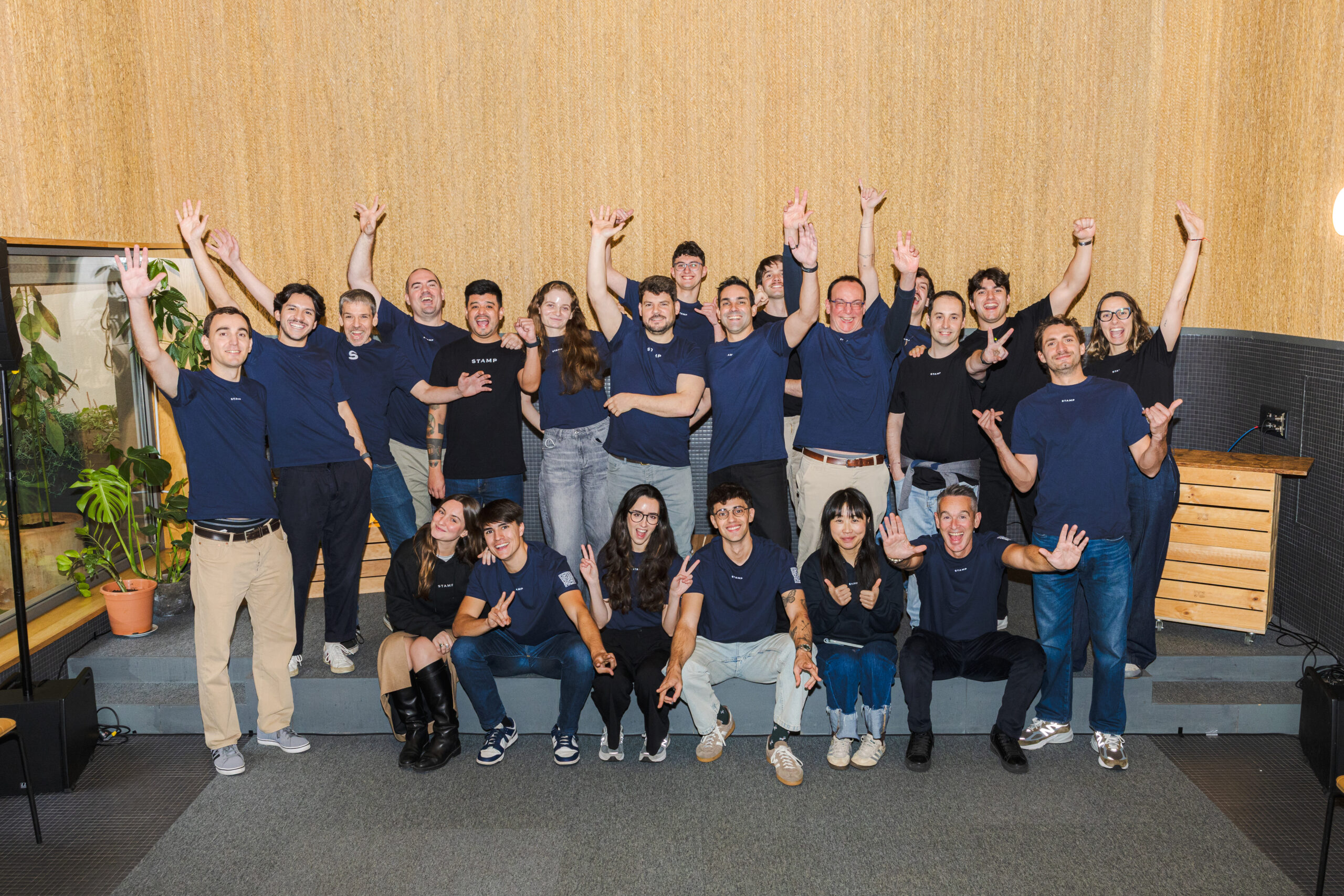A new fintech startup from Madrid is looking to set itself apart from big money-transfer apps such as Revolut and Wise by keeping it just between the users on the platform.
Founded in November 2024 by Fernando Pinto as a Master’s Degree project at EAE Business School, TucanPay hopes its niche-focused, peer-to-peer approach to money transfers will be a key competitive advantage, despite intense competition in Europe and globally.
According to the founder, traditional banks work with international transfers, using Swift code. So, generally, for a transfer from say Colombia to Spain, the money first passes through New York, via giant banks like JP Morgan or CityBank. These banks also take their cut and add steps to the chain.
Another model that money transfer companies like Western Union, Wise or Revolut often use is to store large amounts of money, just like banks do, and charge higher fees for each transfer to offset costs. In this case, those funds must adjust to market fluctuations and the uncertainty of how the exchange rate will change.
This is the exact opposite of TucanPay, said the founder. The company doesn’t store large funds and doesn’t have to adjust to currency fluctuations on the market. Therefore it can charge lower rates.
For example, if you were to transfer 500 euros to Colombian pesos (COP), Wise would charge a fee of 2.61%, Revolut 2%, and TucanPay 1.5%, according to calculations done at the time of writing.

“I think we’re the only peer-to-peer money transfer platform,” Pinto, CEO of TucanPay, told Novobrief. “I don’t know of any other that operates this way.”
“Our premise is to combat hidden fees, so that people know what they’re paying,” Pinto said.
In the app, users exchange money with each other as if it were a social network. The only difference is that there’s an arbiter in the middle, which is the TucanPay platform. “We don’t keep anyone’s money, but people send money to each other.”
Pinto believes that acting as arbiter is possible at this stage of his startup “because we work in niches.” Currently, the niche is “Colombians in Europe.” Between May and June, he says the startup will open in Peru, and so on.
Pinto said that the project has already received financial backing from investors, but said he would prefer at this time not to share publicly how much or from whom.
He is currently touring Latin America seeking partnerships with travel agencies and universities.
“I think we’ll make the leap to being in the top five in Spain, possibly by the middle of this year,” Pinto claimed excitedly.
He believes that, above all, it’s a matter of finding investors to help TucanPay multiply its financial muscle by 10X.
This is what all startups entering accelerators want to do, of course. Or “Reach the next level” — as Pinto would put it.







